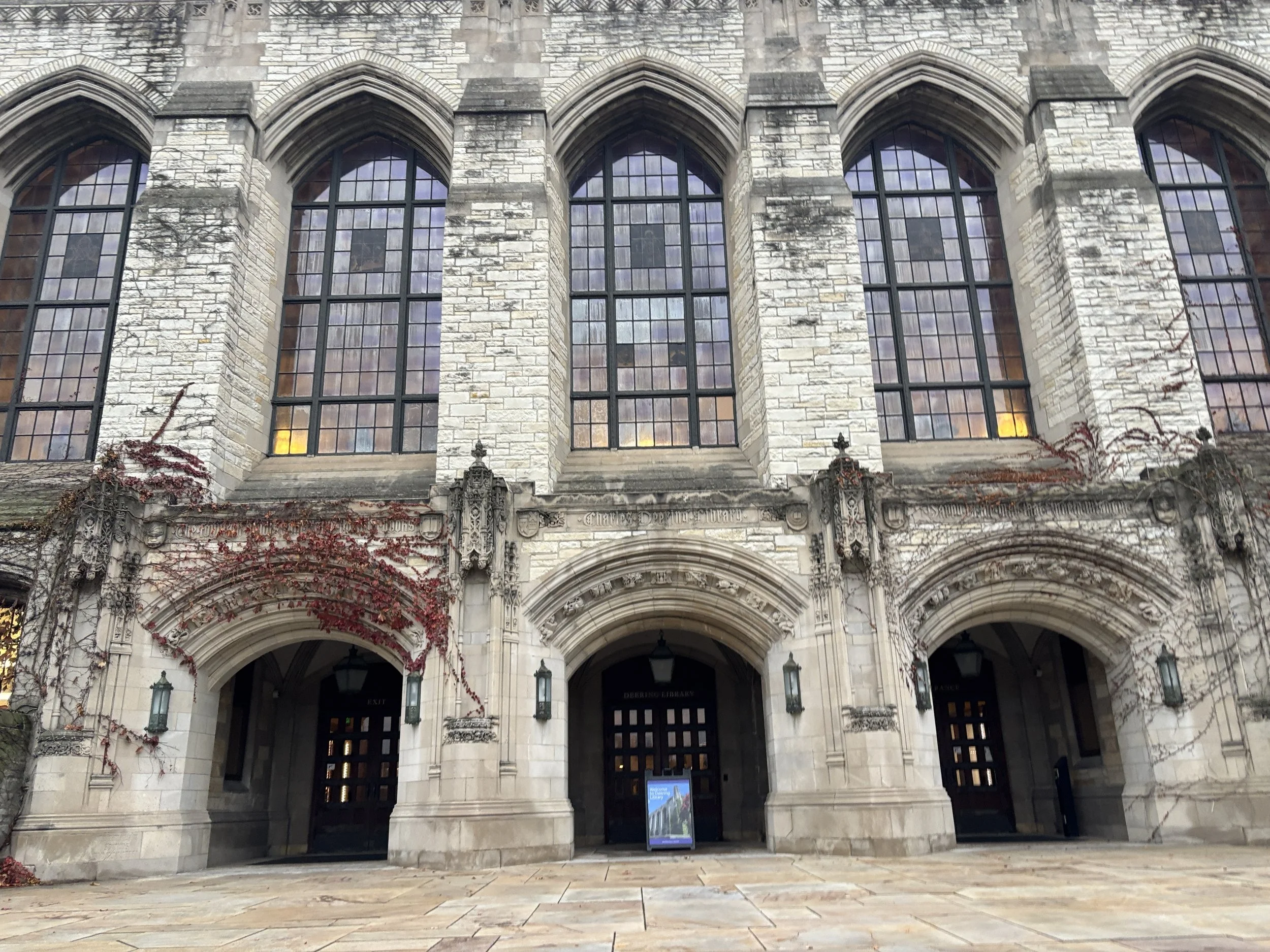A "B" In A Challenging Course May Be Better Than An "A" In An Easy Course
/I used to be a high school guidance counselor. For a high school counselor, the start of school means schedule changes. And I don't mean a few schedule changes. I mean LONG LINES of kids who will wait hours to meet with their school counselor to perfect their schedules. It was a fun time of year because I got to catch up with my students and see how they had changed over the summer. For the most part, they left my office with a smile because I made some small change to their schedule that made them happy. A quick adjustment by me and a student would have a new outlook on the upcoming school year.
Once the school year started, the first two weeks was known as the “add/drop period.” Students would continue to stop by my office during the school day to make even more changes during this time. Each subsequent day, fewer students would come in and I was slowly able to turn my attention away from schedule changes and toward helping seniors with college applications.
Why am I telling you this? The reason is that I want you to know that it is VERY COMMON for students to change their courses at the beginning of the school year. And I want you to discuss with your child whether a schedule change should be made based on the following information:
Adding ACADEMIC RIGOR to your course load can help you get into college.
Here's why:
College admissions officers are impressed not just by good grades, but by good grades in challenging courses. They are looking for a rigorous curriculum and a strong GPA because these two factors, taken together, are the best determinants of a student’s success at the college level.
The definition of an academically rigorous curriculum varies and is dependent on the student. For some students, academic rigor means taking honors, AP, IB or dual enrollment courses. For others, it means adding courses that are not necessary for graduation such as a fourth year of foreign language or science.
Some students do not choose to take challenging courses in an effort to protect their GPA. They reason that an A in an easier course is better than a B in a more difficult course. In reality, the opposite is true. Choosing challenging courses shows that you are intellectually curious and willing to work hard.
The key to choosing the right courses for college admissions purposes is to make sure you are challenging yourself in the classroom without an unmanageable amount of stress.
It is important to note that each high school offers a different range of rigorous courses. At some high schools, students can select from honors and AP courses where other high schools may only offer college preparatory classes. Applicants who do not have the option to take rigorous courses will not be penalized in the admissions process. Admissions officers receive a “school profile” with each application. They use this document to understand what courses are offered at an applicant’s high school, and they evaluate an applicant’s academic rigor within the context of what courses are available.
It is important to select this year’s classes carefully. The courses chosen can make the difference between an acceptance and a rejection to college.
At The College Spy, we help students with course selection as part of assisting them in meeting their academic, college and career goals. Read about our packages here.




